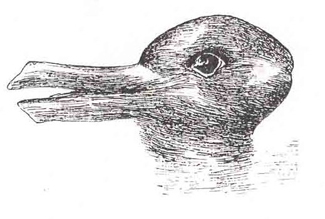| << Chapter < Page | Chapter >> Page > |
There are many areas of human behavior for which evolution can make predictions. Examples include memory, mate choice, relationships between kin, friendship and cooperation, parenting, social organization, and status (Confer et al., 2010).
Evolutionary psychologists have had success in finding experimental correspondence between observations and expectations. In one example, in a study of mate preference differences between men and women that spanned 37 cultures, Buss (1989) found that women valued earning potential factors greater than men, and men valued potential reproductive factors (youth and attractiveness) greater than women in their prospective mates. In general, the predictions were in line with the predictions of evolution, although there were deviations in some cultures.
Scientists interested in both physiological aspects of sensory systems as well as in the psychological experience of sensory information work within the area of sensation and perception ( [link] ). As such, sensation and perception research is also quite interdisciplinary. Imagine walking between buildings as you move from one class to another. You are inundated with sights, sounds, touch sensations, and smells. You also experience the temperature of the air around you and maintain your balance as you make your way. These are all factors of interest to someone working in the domain of sensation and perception.

As described in a later chapter that focuses on the results of studies in sensation and perception, our experience of our world is not as simple as the sum total of all of the sensory information (or sensations) together. Rather, our experience (or perception) is complex and is influenced by where we focus our attention, our previous experiences, and even our cultural backgrounds.
As mentioned in the previous section, the cognitive revolution created an impetus for psychologists to focus their attention on better understanding the mind and mental processes that underlie behavior. Thus, cognitive psychology is the area of psychology that focuses on studying cognitions, or thoughts, and their relationship to our experiences and our actions. Like biological psychology, cognitive psychology is broad in its scope and often involves collaborations among people from a diverse range of disciplinary backgrounds. This has led some to coin the term cognitive science to describe the interdisciplinary nature of this area of research (Miller, 2003).
Cognitive psychologists have research interests that span a spectrum of topics, ranging from attention to problem solving to language to memory. The approaches used in studying these topics are equally diverse. Given such diversity, cognitive psychology is not captured in one chapter of this text per se; rather, various concepts related to cognitive psychology will be covered in relevant portions of the chapters in this text on sensation and perception, thinking and intelligence, memory, lifespan development, social psychology, and therapy.

Notification Switch
Would you like to follow the 'Psychology' conversation and receive update notifications?